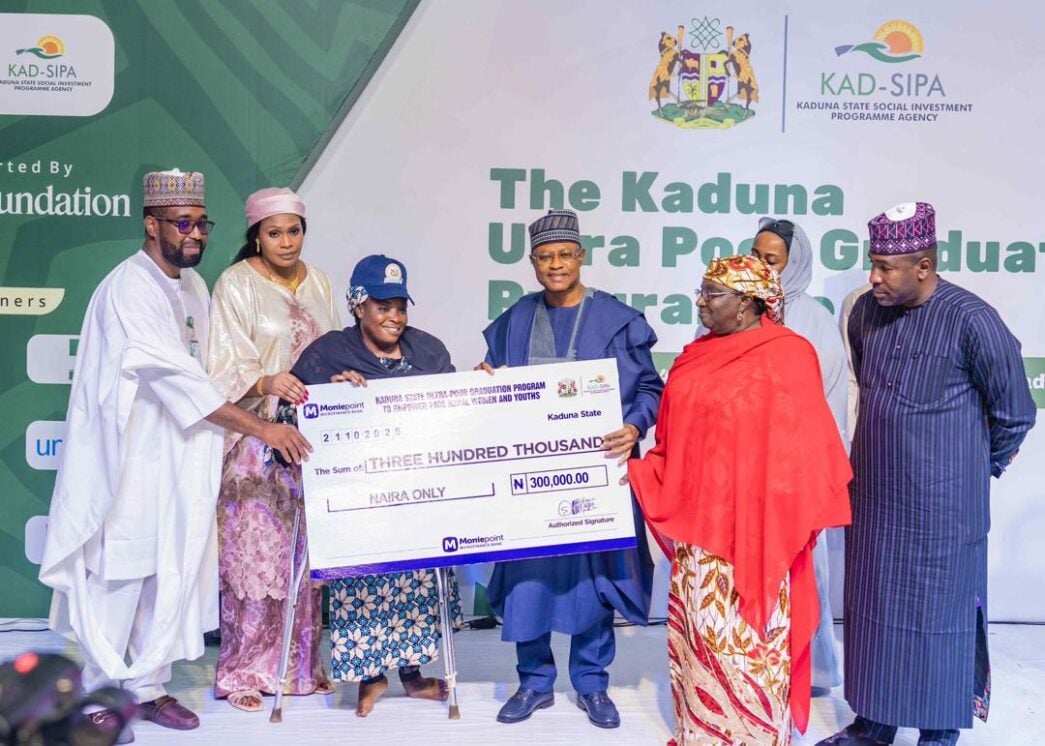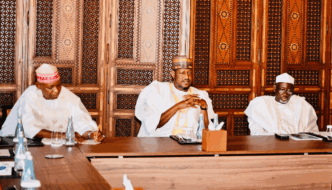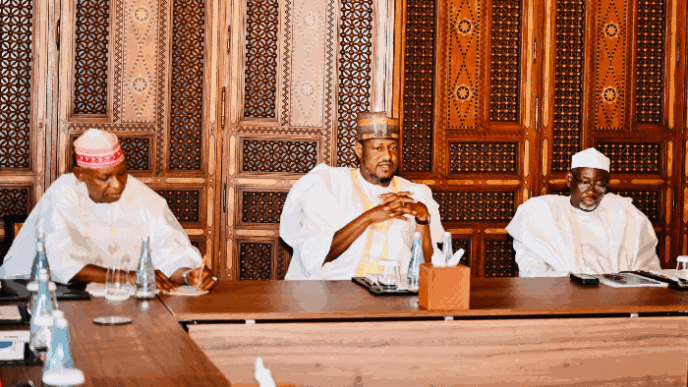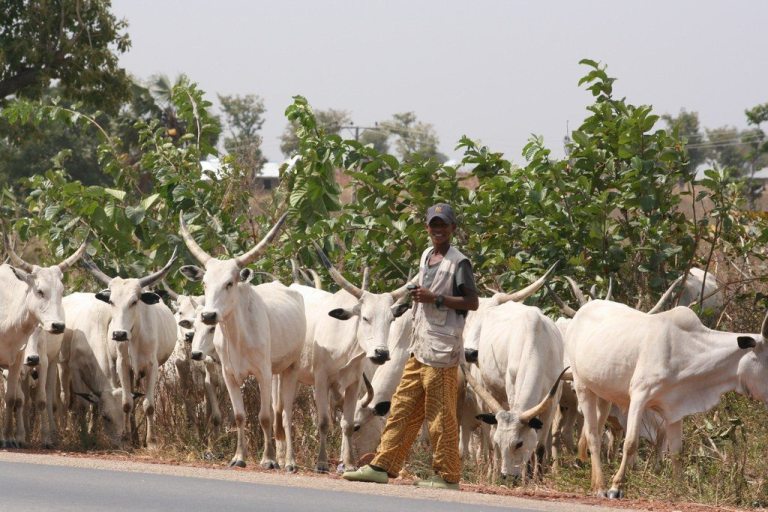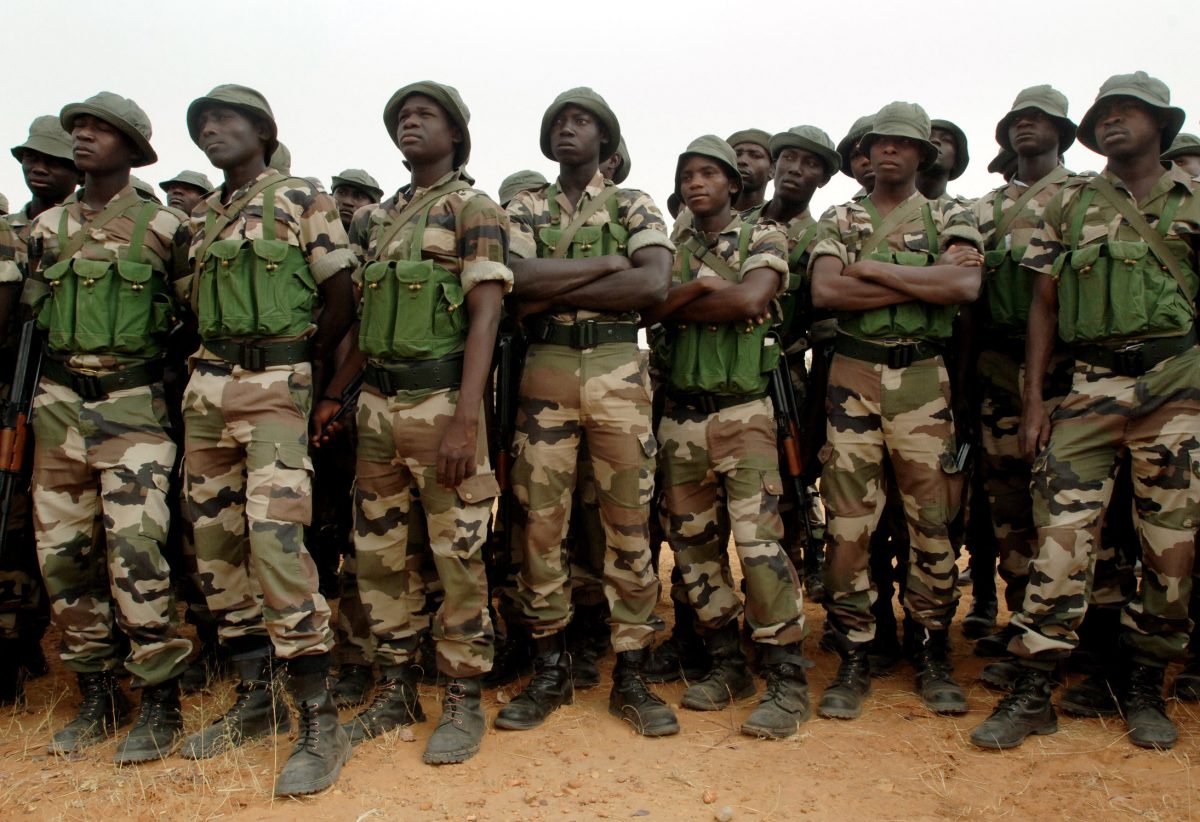BY KABIR AL UMAR
In the evolving story of Nigeria’s democratic governance, Kaduna State today stands as an illuminating example of what visionary leadership can achieve when purpose is wedded to compassion, and when the measure of progress is not counted merely in roads built or bridges commissioned, but in lives uplifted. In just over two years in office, Senator Uba Sani, the Governor of Kaduna State, has redefined the architecture of governance in ways that go beyond the ordinary calculus of politics. His government’s most recent initiative, the Kaduna State Ultra-Poor Graduation Programme (KADUPG), marks not merely the beginning of another development intervention; it is a powerful moral and political declaration; a statement that poverty shall no longer be allowed to define the destiny of Kaduna’s people.
The launch of KADUPG is therefore not a perfunctory policy gesture, but a continuation of the Governor’s deep and deliberate war against multidimensional poverty, a war he has waged since his first day in office. It is a war fought not with rhetoric but with results, not with populism but with principle. At its heart lies the conviction that true governance must be about people: their health, education, security, and opportunity. As Uba Sani himself has repeatedly emphasized, development cannot be reduced to brick and mortar. Roads, schools, hospitals, and infrastructure are vital, yes, but they must serve as instruments for something greater: the liberation of people from deprivation in all its forms.
The Kaduna State Ultra-Poor Graduation Programme is an ambitious social protection and economic empowerment model designed to lift thousands of households from the trap of extreme poverty through a structured, evidence-based approach. It focuses on capacity building, microenterprise support, access to healthcare, education, and financial inclusion; the key pillars that help individuals and families break free from intergenerational poverty. It builds on the understanding that poverty is multidimensional; it is not just about a lack of income, but also the absence of opportunity, health, knowledge, and social dignity.
Governor Uba Sani’s deep understanding of these complex linkages stems from his long journey as a social justice advocate, a human rights activist, and a policy thinker who has always viewed leadership as service to humanity. Before he ever occupied public office, he had established himself as a tireless defender of the marginalized; an orientation that now animates his governance style. In him, Kaduna State has found a leader whose empathy is matched by intellect, and whose sense of justice is rooted in action.
Advertisement
From the outset of his administration, the Governor made clear that the ultimate test of his leadership would not be the size of the budget or the scale of projects, but the number of lives transformed. This vision has found expression in multiple ways: through revitalized healthcare delivery, reform of the education sector, support for agriculture and small enterprises, and institutional reforms aimed at strengthening local governance. But perhaps nowhere has his leadership been more apparent than in his approach to human capital development; the central strategy around which all his policies revolve.
Kaduna today is a state in motion: one that has moved beyond hot air to measurable progress. Across the 23 local government areas, the signs of transformation are evident. Roads that once isolated rural communities have been rebuilt, connecting farmers to markets and children to schools. Health centers have been revived and equipped, ensuring that quality care is no longer a privilege of urban dwellers. Schools have been renovated, teachers empowered, and new educational models introduced that place children at the center of learning.
Governor Uba Sani’s educational reforms are particularly far-reaching. His administration’s efforts to make education accessible, equitable, and relevant to the realities of the 21st century have earned Kaduna State national recognition. Through the Reaching Out-of-School Children (ROOSC) Project, over 1,000 classrooms have been built or rehabilitated, and more than 60 new secondary schools have been commissioned across the state. The administration’s policy of reducing tuition fees in state-owned tertiary institutions by 40% has opened the doors of higher learning to thousands of students who once faced financial exclusion. At the same time, teacher training and capacity development have been prioritized, with data-driven monitoring systems introduced to ensure accountability and quality outcomes.
Advertisement
Education in Kaduna is no longer seen as a bureaucratic function but as the foundation of the state’s social and economic future. The Governor’s vision was perhaps best articulated at the KADA EduPACT International Summit, where he outlined a bold and forward-looking Kaduna Education Model that integrates data, technology, and inclusivity. He understands that a society that ignores its children’s education mortgages its future; and that no war against poverty can be won without winning the battle for knowledge.
In the same vein, the health sector under his leadership has undergone a quiet but profound revolution. The revitalization of 255 Primary Healthcare Centres (PHCs), the establishment of 23 PHC Centres of Excellence, one in each local government area, and the restoration of 182 PHCs in communities previously affected by insecurity, have brought healthcare within reach of even the most remote populations. By implementing the 2024 CONMESS and CONHESS salary structures, digitizing PHC operations through electronic medical and human resource systems, and providing vehicles and motorcycles to Roll Back Malaria officers, the administration has improved both the morale of health workers and the quality of service delivery.
These reforms have not gone unnoticed. Kaduna State was named the 2024 Primary Healthcare Leadership Challenge Champion for the North-West Zone, a testament to the Governor’s people-centered approach. But beyond awards and recognition, what matters most are the outcomes: reduced mortality rates, healthier children, safer deliveries, and communities that can now plan for the future without the constant shadow of illness or loss.
It is this same spirit of practical compassion that informed the Governor’s decision to approve and implement the new national minimum wage and its consequential adjustments for all categories of workers, including local government employees, teachers, and primary healthcare staff. This policy has restored dignity and purchasing power to the workforce, reinforcing the Governor’s belief that no development agenda can succeed on the back of impoverished workers.
Advertisement
His administration has also corrected long-standing injustices that once eroded trust between government and labour. The refund of over ₦500 million in ENDWELL deductions (savings withheld from teachers’ salaries for nearly seven years) stands as a landmark act of accountability and fairness. By restoring the ENDWELL welfare scheme and correcting erroneous check-off remittances, the Governor has demonstrated that governance can indeed be both principled and humane.
These achievements have not gone unnoticed by the state’s organized labour. In a historic show of unity, the Nigeria Union of Local Government Employees (NULGE) and the Nigeria Union of Teachers (NUT) recently held a joint press conference to express their collective appreciation and support for Governor Uba Sani’s policies. In their words, his actions represent “a profound affirmation of respect for the dignity of labour” and a model of leadership that “listens, acts decisively, and delivers tangible results.”
Their commendation reflects a broader truth about the nature of leadership in Kaduna today: that it is not built on intimidation or political theatrics, but on trust, inclusion, and shared vision. Uba Sani’s relationship with workers and unions is characterized by dialogue and collaboration, rather than confrontation; a departure from the adversarial posture that too often defines labour-government relations in Nigeria.
Through all these reforms, what emerges is a coherent philosophy of governance rooted in human development. The Governor’s war against multidimensional poverty is not a slogan; it is a structured, data-driven, and morally grounded mission. It recognizes that poverty has many faces: economic, educational, health-related, and psychological, and that fighting it requires an equally multifaceted response.
Advertisement
The launch of KADUPG represents a new phase in this mission. It builds upon global best practices, including the World Bank-supported “Graduation Approach,” which combines social protection, livelihood training, and microenterprise support to sustainably lift people out of poverty. But Uba Sani’s version is uniquely adapted to Kaduna’s context. It integrates local governance structures, leverages community-based organizations, and ensures gender inclusivity. Women, who often bear the heaviest burden of poverty, are placed at the center of the programme, ensuring that the gains of development translate directly into stronger households and communities.
This integrated approach mirrors the Governor’s broader philosophy: that social protection and economic empowerment must go hand in hand. It is not enough to provide palliatives; people must be equipped to thrive. It is not enough to build roads; citizens must have the means and knowledge to use those roads as pathways to opportunity. It is not enough to open schools; every child must have the resources and support to learn, dream, and succeed.
Advertisement
At the heart of this vision lies an unyielding belief in the resilience and potential of Kaduna’s people. Governor Uba Sani understands that development cannot be imposed from above; it must grow from within; from the talents, aspirations, and industrious spirit of ordinary men and women. His policies reflect this conviction: inclusive, participatory, and anchored in social justice.
As the Governor doubles down on his war against multidimensional poverty, Kaduna stands at a pivotal moment in its development trajectory. The state is witnessing not just infrastructural expansion but social renewal; not just economic growth but human flourishing. The launch of KADUPG signals the maturation of a governance model that treats poverty not as a statistic but as a moral and collective challenge.
Advertisement
In a country where poverty continues to blight millions of lives, the Kaduna example offers a ray of hope; a demonstration that with vision, empathy, and disciplined execution, transformation is possible. Governor Uba Sani’s leadership embodies a new politics of purpose: one that measures success not by applause but by impact, not by power retained but by potential released.
As he himself declared at the launch of KADUPG, “This is not just another development programme. It is a declaration that we will not allow poverty to define the lives or futures of our citizens.” Those words, spoken with conviction, capture both the spirit and the substance of his governance. They reflect a renewed social contract between the state and its people; one built on mutual responsibility, compassion, and progress.
Advertisement
The story of Kaduna under Uba Sani is, ultimately, the story of possibility; of what can happen when leadership dares to imagine a better future and acts boldly to make it real. It is a story still unfolding, but already rich in promise: a Kaduna where no one is left behind, where every individual, regardless of circumstance, has the opportunity to live with dignity, to contribute meaningfully, and to thrive.
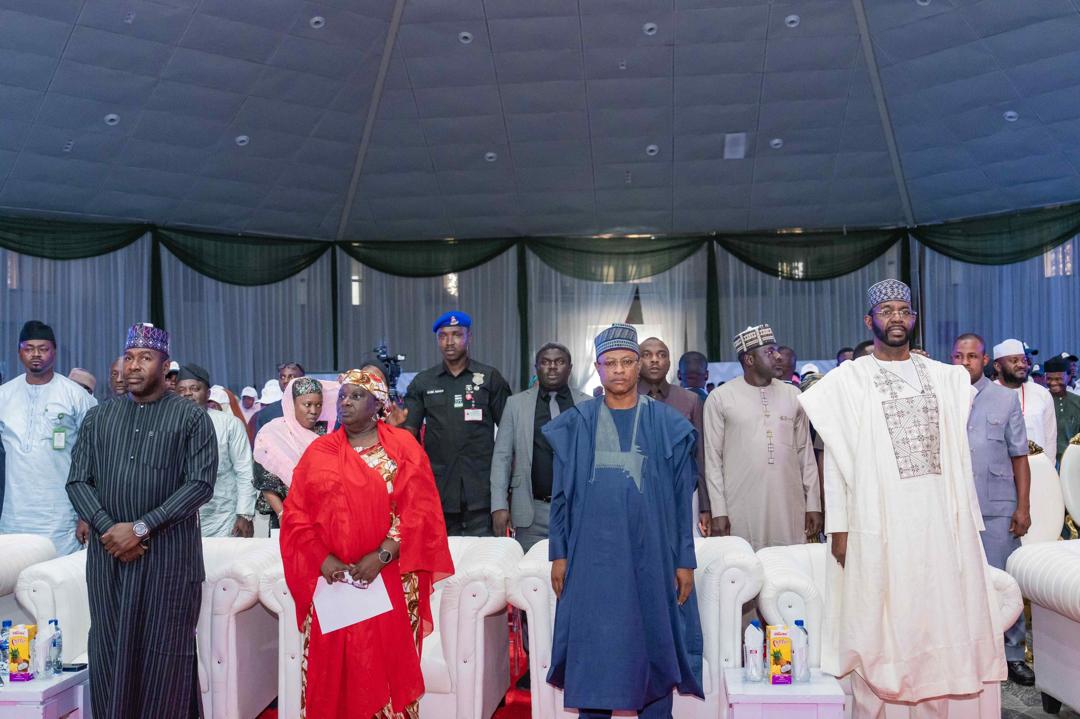
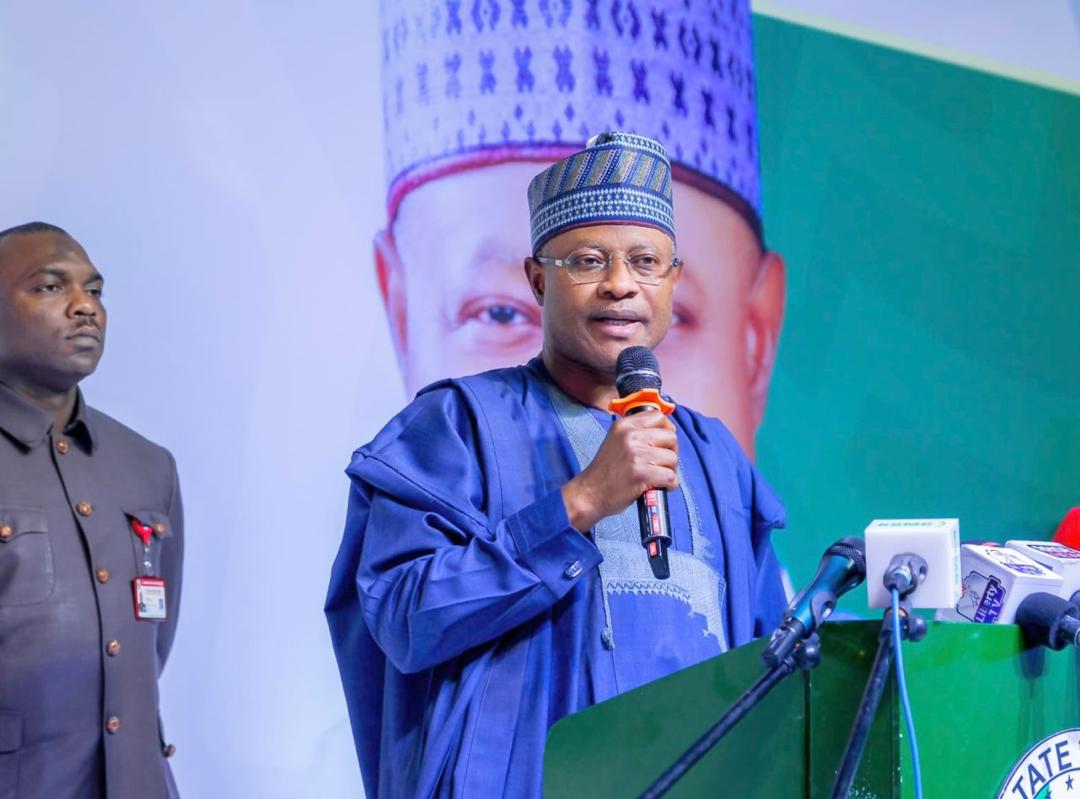
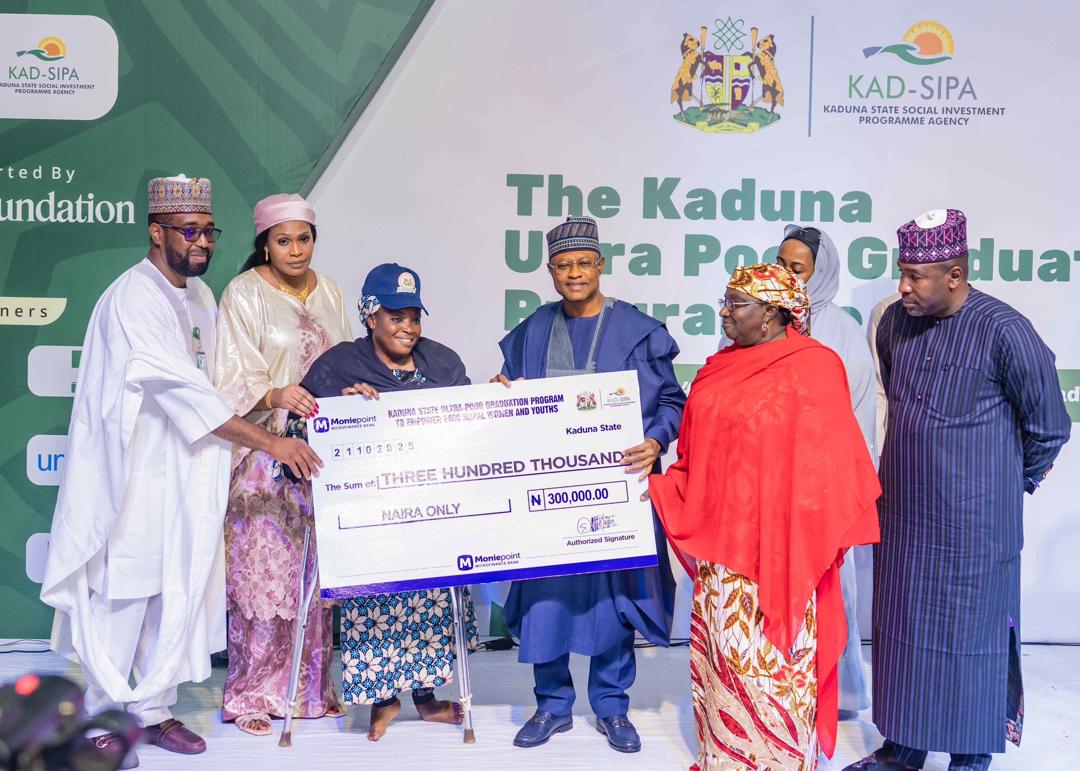
Ali Umar, a Freelance Journalist Resides in Mando, Kaduna
Views expressed by contributors are strictly personal and not of TheCable.
